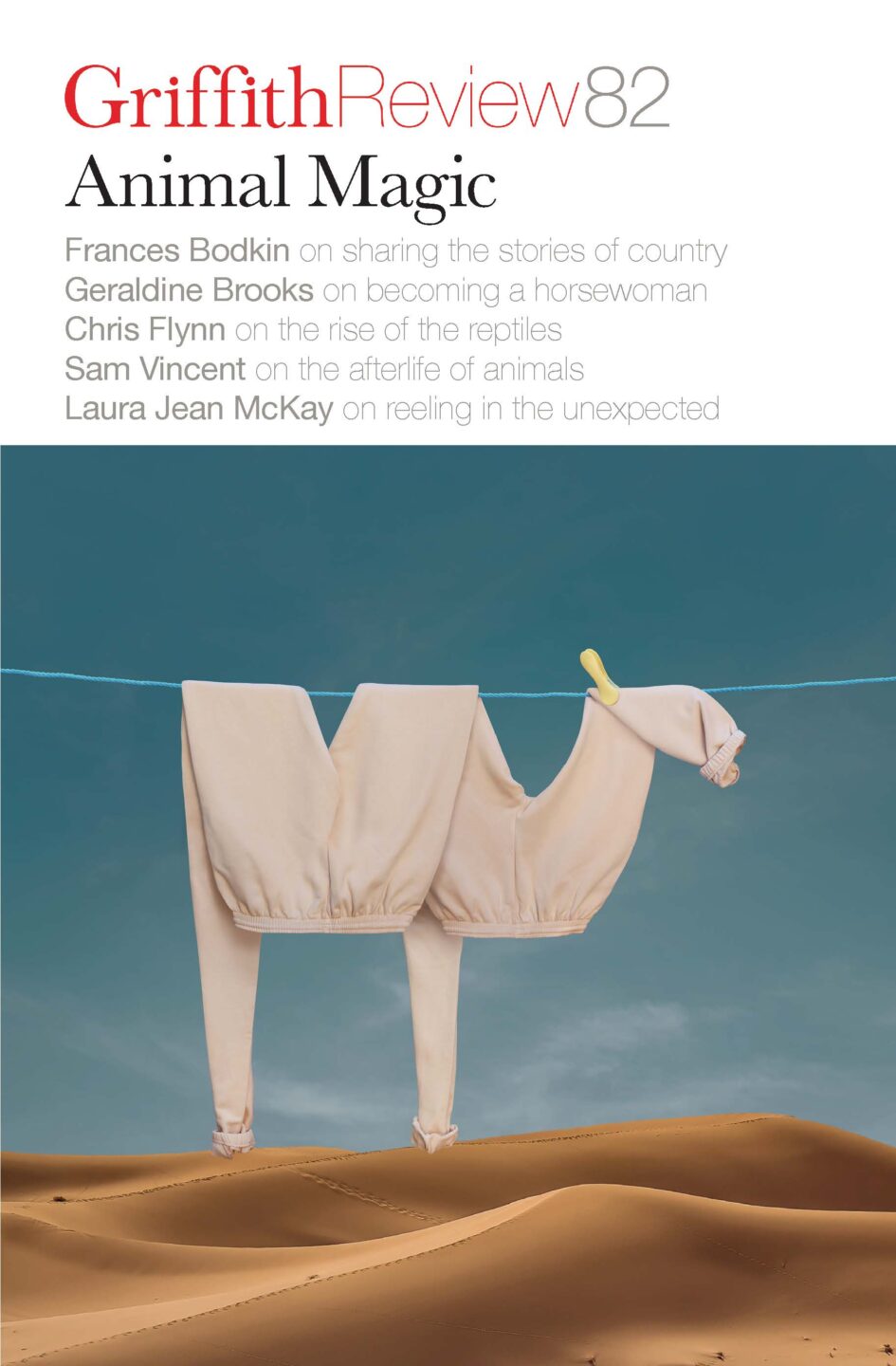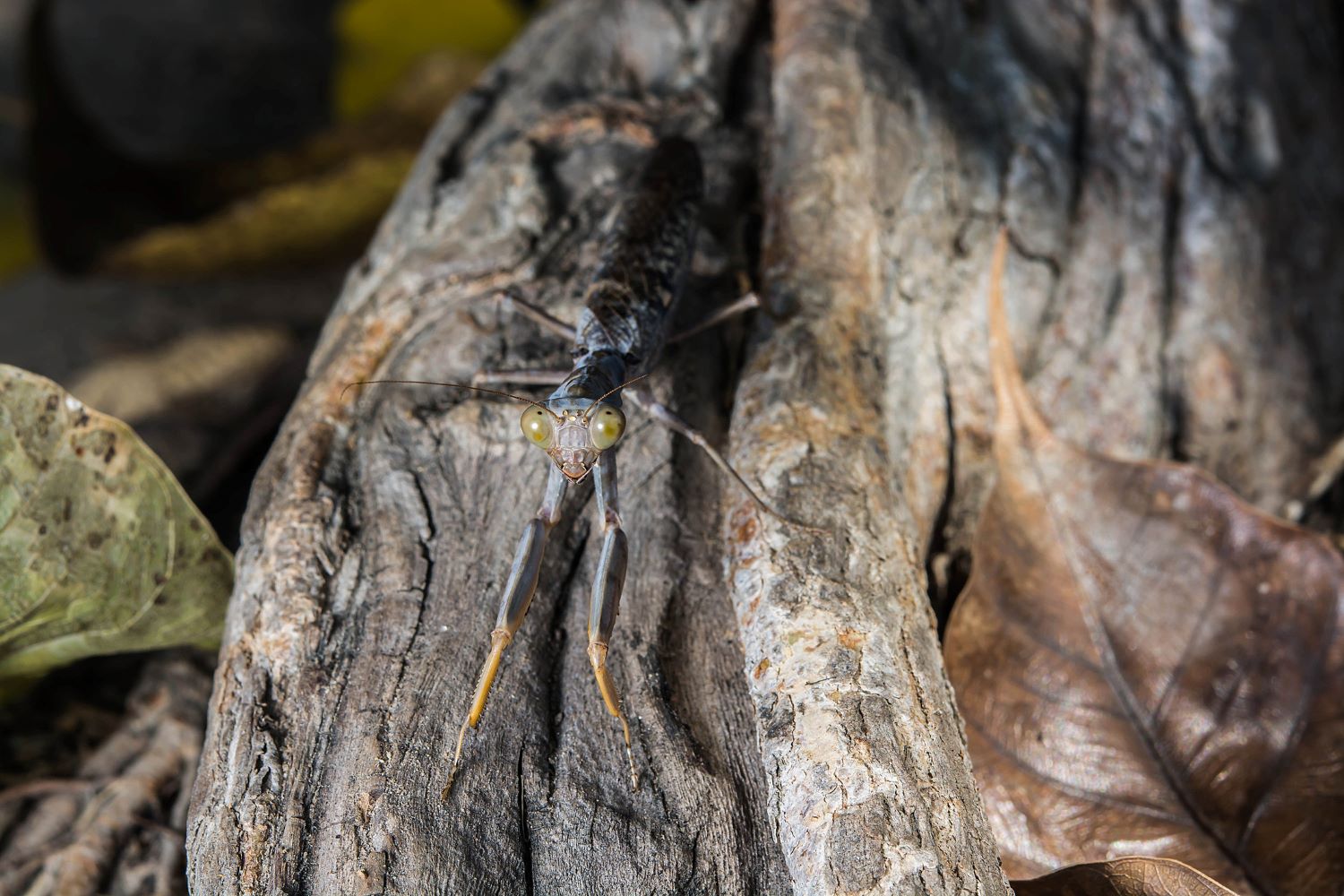Featured in

- Published 20231107
- ISBN: 978-1-922212-89-4
- Extent: 208pp
- Paperback, ePub, PDF, Kindle compatible


Already a subscriber? Sign in here
If you are an educator or student wishing to access content for study purposes please contact us at griffithreview@griffith.edu.au
Share article
About the author

Mikaella Clements
Mikaella Clements is an Australian writer who lives in Berlin. Her first novel, The View Was Exhausting, was co-written with her wife, Onjuli Datta,...
More from this edition

As dead as
Non-fictionAs a Mauritian person, I’ve always known about dodos. I first heard about them from my dad’s family. The dodo was only ever found in Mauritius, and I naively believed that everyone knew that. But when I was relaying my experience of listening to the podcast to a group of friends, they were surprised to hear that the dodo was Mauritian.

The rabbit real
Non-fictionI know you want to ask me if I had a difficult childhood, if I suffered physically or mentally in any way that might swerve from the ‘normal’ pattern of development. But I have nothing to report: no tales of abuse to exploit through memoir; no scars to split open for internal poking. I had friends when I wanted them but was also happy when alone with the rabbit.

Before I forget again
Poetry I am a ceramic horse in kintsugi fields. Shards shred my tongue to gold rivers. Cracked and crazed – from fire gallops beast. Memory slips lapis lazuli. I break curses, gather spells. Nudge fresh letters in water troughs – watch words bob – shiny new apples to crunch.